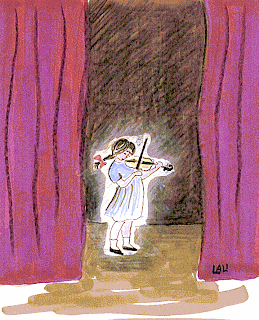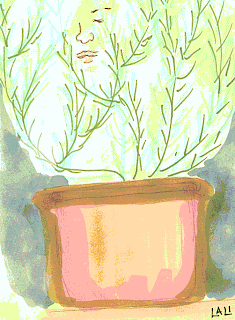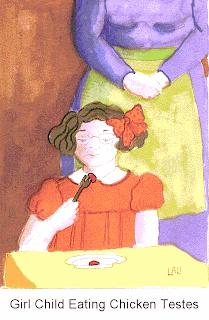I've been a bit of a hypocrite here lately, nattering on about paying attention, wanting what I have, doing more with less. The truth is, dear readers, I have been thinking about goats.
Those of you who know my history may give a shudder or a cheer, depending.
Goats and I go a long way back. Back to the heroic 70s, when Ed and I and our two toddlers moved to 1 ½ acres in the then-idyllic Maryland countryside. There was an orchard, and a huge vegetable garden, and berry bushes, and chickens. My mother visited and said “Well! All you need now is a little goat, and you'll be all set.” She said it rhetorically, but that's not how it struck me. A month later, I had two goats, which I milked every morning on my way to my tenure-track job teaching French lit, and often milked well after midnight coming back from funky parties to which I wore very short outfits made out of fringed tablecloths.
The 80s came, life changed, and we moved into various towns and cities where critters were banned. But in the 90s I managed to have goats again. And for the first time, I made cheese.
The last time I had goats was in Vermont—beautiful Nubians who drowned me in milk, a single goat producing a gallon every day. Keeping up with the output was a trial, and I learned a lot about making cheese, but in the end I had to let it go. The goats were too big, required too much hay, produced too much compost, and way too much milk--all good things with which I couldn't cope.
But I missed them, my lovely does, warm and deer-like and smelling of hay and milk and manure. Then one day recently, on the internet, I learned about Nigerian Dwarfs. Despite their name, these are perfectly-proportioned, tiny goats, 17” high at the shoulder. They have been bred for dairy use: they average 1/3 the weight of large-breed goats, eat 1/3 as much, but produce ½ as much milk. No wonder Nigerians were the breed of choice for the Biosphere Project.
Nigerian Dwarfs sound like the breed of choice for me...should I have no choice but to have goats. But what about those mornings when “milk comes frozen home in pail,” as Shakespeare said. What about the hand-fed babies who need a bottle every couple of hours. What about the need to find them good homes. (To get milk from a goat, you have to breed her, which means babies to dispose of every year.)
But then there is spring, and goats grazing on the new grass, and gorgeous high-butterfat sweet milk, and cheese spiced with home-grown rosemary or hot peppers.
I've asked my family, my friends, and the universe for guidance, but they all say “it's YOUR decision....”











